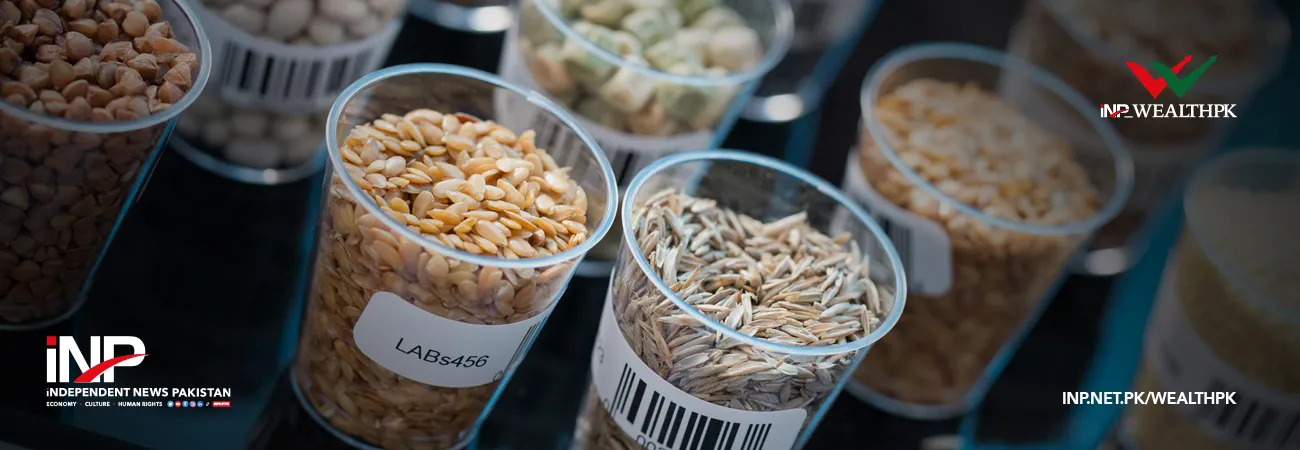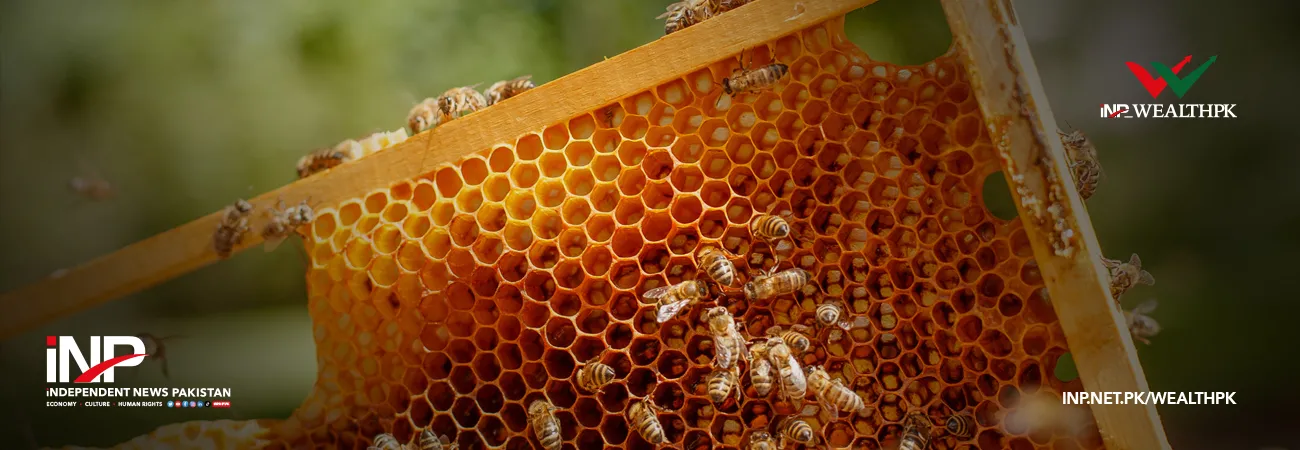INP-WealthPk
Azeem A Khan
Experts at a workshop have urged the necessity of patenting and registering the research work, products and bred varieties of entrepreneurs and plant breeders. The one-day training workshop was organized by the National Institute for Genomics and Advanced Biotechnology (NIGAB) of Pakistan Agriculture Research Council (PARC), Islamabad, in collaboration with Intellectual Property Organization (IPO) Pakistan and South Zone Agricultural Research Centre (SARC). The title of the workshop was “Agricultural Technologies Protection using Intellectual Property Rights.”
Speaking at the opening session of the workshop, Director General of the Department of Plant Protection, Allah Ditta Abid, lamented the lack of awareness regarding patenting and copyrights among scientists, researchers and innovators. He said that a lot of precious products and research gets copied by the industry because agricultural researchers and product developers lack knowledge about copyrights. He said that the lengthy process of registering with government authorities discouraged the scientists from getting their products and research registered.
He noted that researchers usually worked very hard to get outstanding results but could not commercialize them because of red tape and lack of information. He highlighted the role of the workshop in acquainting the researchers with the registration process and the current IPO regime in Pakistan. “The workshop,” he said, “covers IP rights, including Patents, Copyrights, Trademarks, Geographical Indication and Plant Breeders’ Rights.” Senior Patent Examiners of IPO Siama Kanwal and Shamsunissa Hashmi educated the participants on definitions, importance, requirements, and roles and procedures of registration of Trade Mark, Copyright and Geographical Indications while Dr Shaukat Ali of the National Agricultural Research Council (NARC) shed light on the implementation of Plant Breeders’ Rights in variety protection.
Saima Kanwal said that copyrights and patents are very important to start a business with a product that is innovative and disruptive. She said that if a new product is not patented it will be copied by other interests in the market and the original developer of the product will not be able to reap the monetary reward. She said that the creation of Intellectual Property Organisation has allowed to register patent, design, trade mark and copyright, all under one roof. She continued by saying that IP filing in Pakistan has seen a significant increase in the last five years because of improvement in legislation but a lot of room still needs to be captured as there was a lack of awareness in academia, lengthy process and limited technical capacity of the concerned departments.
She said that patent rights are territorial and it is very important to file for patents as early as possible, adding that in this way the public can also take advantage of the useful research without any loss to the original developer. She said that IPO Act has categorized patent infringement as a civil crime and legal route should be taken in case of any infringement. Commenting on Geographical Indications (GI), she said that, “it is also called a poor man’s intellectual property which distinguishes a product on the basis of origin, quality and geographical labelling.” She said that GI system plays a significant role in the protection of local workforce through the recognition of their IP rights on a particular product, adding that in Pakistan Basmati Rice, Hyderabad Bangles and Pink Rock Salt are among a total of 65 GIs from all provinces registered with the federal government.
Dr Shaukat Ali gave a detailed presentation on Plant Breeders’ Rights (PBR), where he said that they were granted to the breeders of a new variety of a plant which enables the breeder to have exclusive rights to market the specific variety. He added, “there is ample legislation to protect the rights of a particular new breeder and any individual and organisation, public or private, can file an application for PBRs. Any company willing to mass produce the seeds of a particular new variety can do it with a royalty distribution ratio of 60:40 between the breeder and the company.”
Credit : Independent News Pakistan-WealthPk













